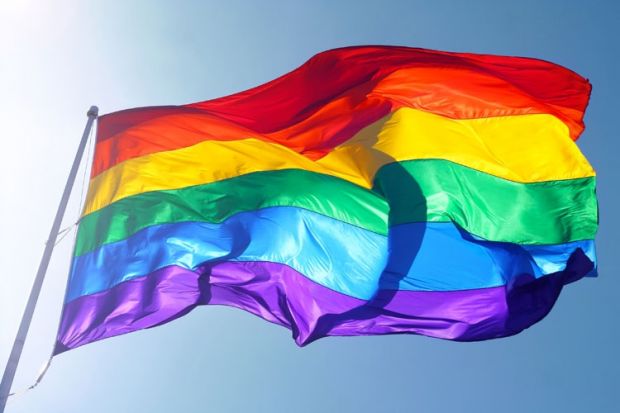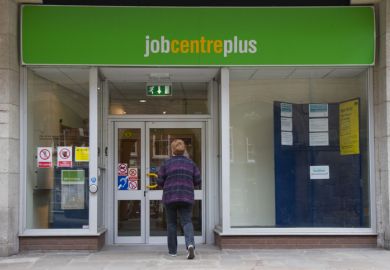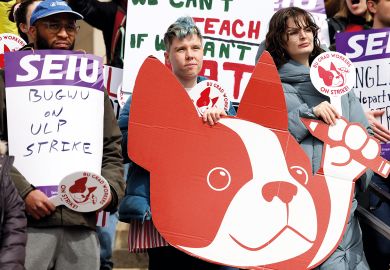A study by Nick Drydakis, reader in economics at Anglia Ruskin University, suggests that openly gay applicants of both sexes were 5 per cent less likely to be offered a job interview than applicants with comparable skills and experience who did not indicate their sexuality on their CV.
To compile the research, published online in the journal Human Relations, researchers recruited 144 third-year students from 12 universities across the UK.
They made around 11,000 separate job applications with half the students using CVs mentioning the applicant having a prominent role in their university’s LGBT society and half with equal skills and experiences but who did not indicate their sexuality.
The participants were all 21-year-old, unmarried British nationals, predicted to obtain a 2:1 degree. The researchers confirmed that those who had been in their institution’s LGBT society were gay or lesbian, and that those who had not were heterosexual.
Gay men received the fewest invitations for interviews in what the university described as “traditionally male-dominated occupations” such as accounting, banking, finance and management, and lesbians received the fewest invitations for interviews in “traditionally female-dominated occupations” such as social care, social services and jobs in the charity sector.
In the accounting, banking, finance and management sector, the study found 74 occasions when only heterosexual male candidates were offered an interview, but no instances of only a gay male candidate being offered an interview.
Similarly, there were 63 examples when only straight women were offered an interview in the social care, social services and charity sector, but no examples of only the lesbian candidate being invited for interview.
The firms that offered interviews to gay male candidates paid an average salary of 2 per cent less than those that invited straight candidates (£23,072 compared with £23,544) and for lesbian women offered interviews, the average salary was 1.4 per cent lower (£22,569 compared with £22,907).
“Because of the limited research carried out so far into the experiences of gays and lesbians in the labour market, the disadvantages and discrimination they experience has gone unnoticed and therefore unchallenged,” Dr Drydakis said.
“Despite measures to encourage openness and discourage discrimination, including the introduction of the Equality Act of 2010, it is evident from my research that gays and lesbians are encountering serious misconceptions and barriers in the job market.”
Register to continue
Why register?
- Registration is free and only takes a moment
- Once registered, you can read 3 articles a month
- Sign up for our newsletter
Subscribe
Or subscribe for unlimited access to:
- Unlimited access to news, views, insights & reviews
- Digital editions
- Digital access to THE’s university and college rankings analysis
Already registered or a current subscriber? Login




